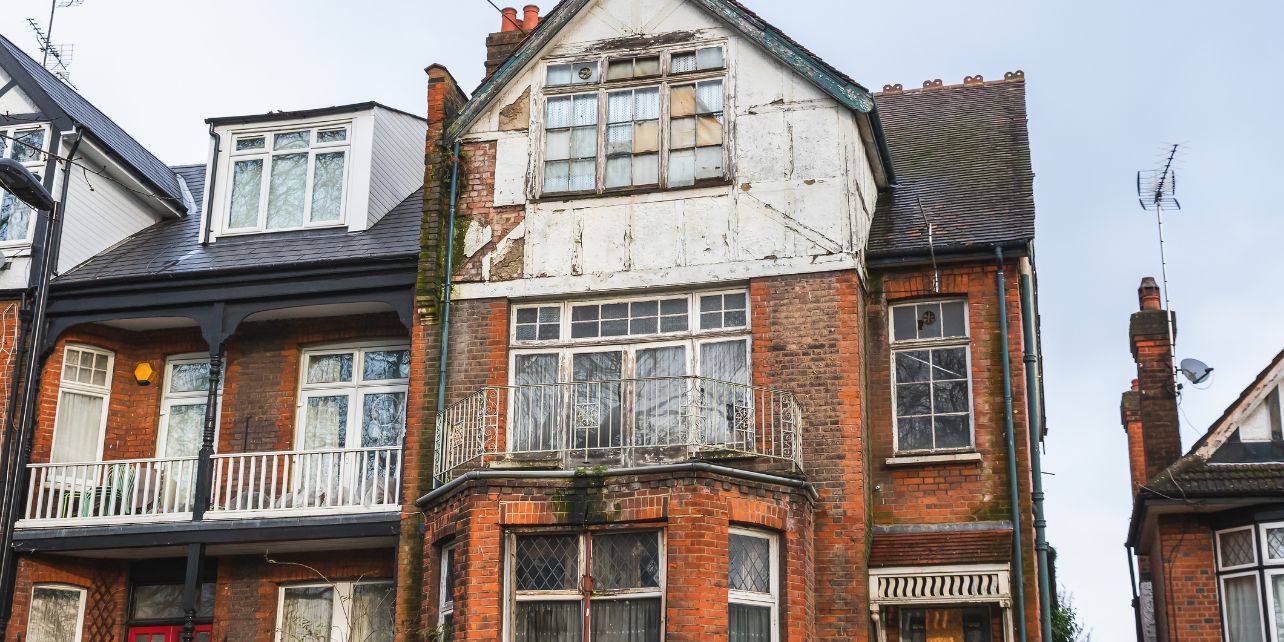What the Decent Homes Standard Means for Landlords

At Hanover Residential, we believe keeping landlords informed and prepared is key to managing successful rental portfolios. Recent research from property tech specialists Inventory Base shows that over one in five privately rented homes across England currently fall short of the Decent Homes Standard. With the Renters Rights Bill expected to come into effect this autumn, these properties will soon no longer be legal to rent out.
The Decent Homes Standard has long been the benchmark for social housing, setting clear minimum requirements to ensure safe and comfortable living conditions. Now, this standard is set to apply to privately rented homes too, bringing new responsibilities for landlords.
The government has proposed a deadline for full compliance by either 2035 or 2037, providing landlords time to plan and carry out improvements. However, energy efficiency standards, under the Minimum Energy Efficiency Standards, must be met sooner, by 2030.
Inventory Base estimates that around 3.78 million homes across England don’t meet the Decent Homes Standard, nearly 15% of all housing. While social housing has some catching up to do, with over 10% not meeting the standard, the private rental sector faces the biggest challenge. 21% of privately rented properties, more than one million homes, will require upgrades to remain legally lettable.
For landlords, this is an important issue to consider. Making necessary improvements can take time and involve costs, so it’s wise to assess your portfolio now, identify any areas for upgrade, and plan ahead. Regular property inspections and ongoing maintenance will help ensure compliance and reduce last-minute stress.
Taking action early protects your investment and helps ensure your tenants live in homes that meet the expected standards. At Hanover Residential, we’re here to support you every step of the way, providing advice and guidance to help you navigate these changes confidently.


